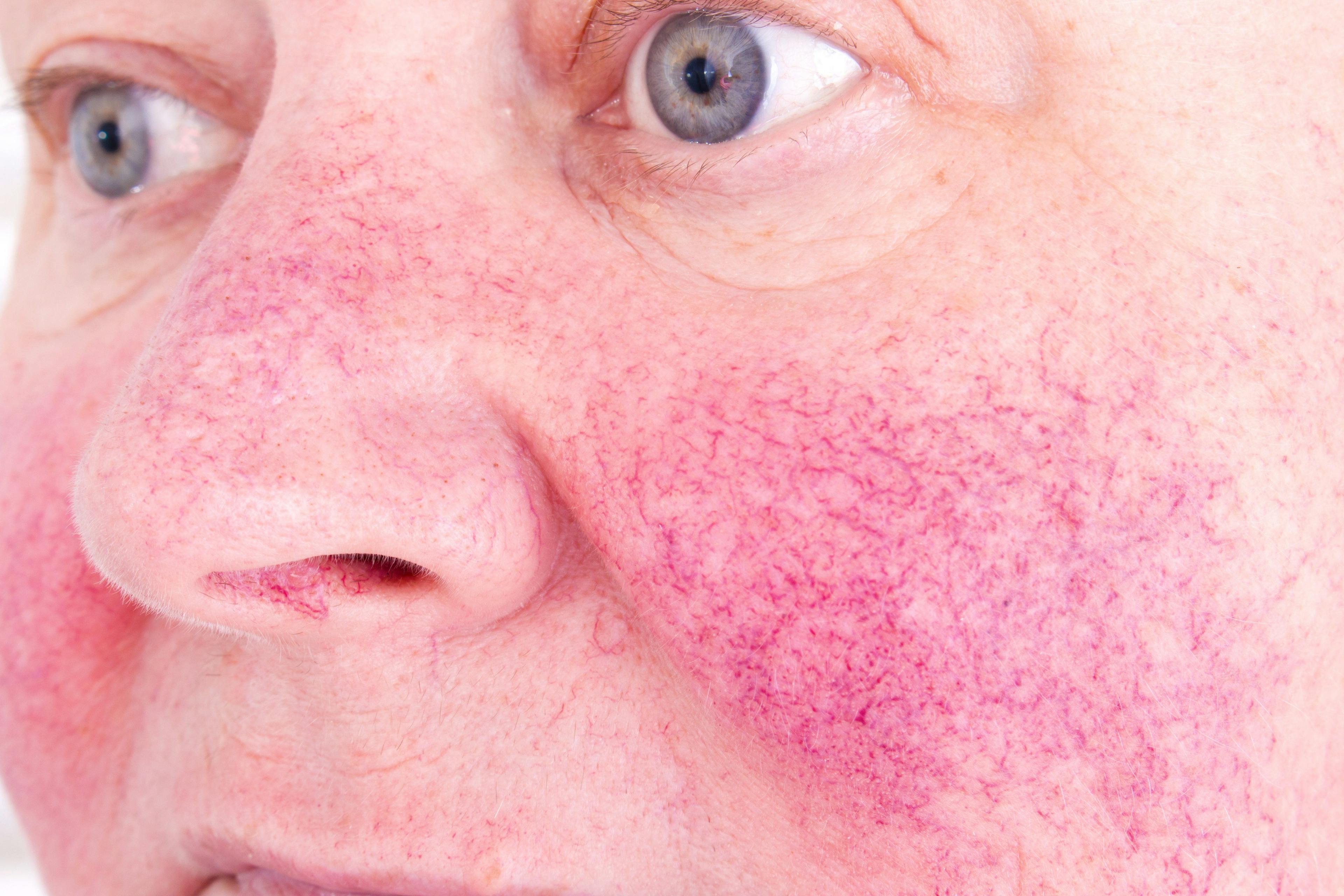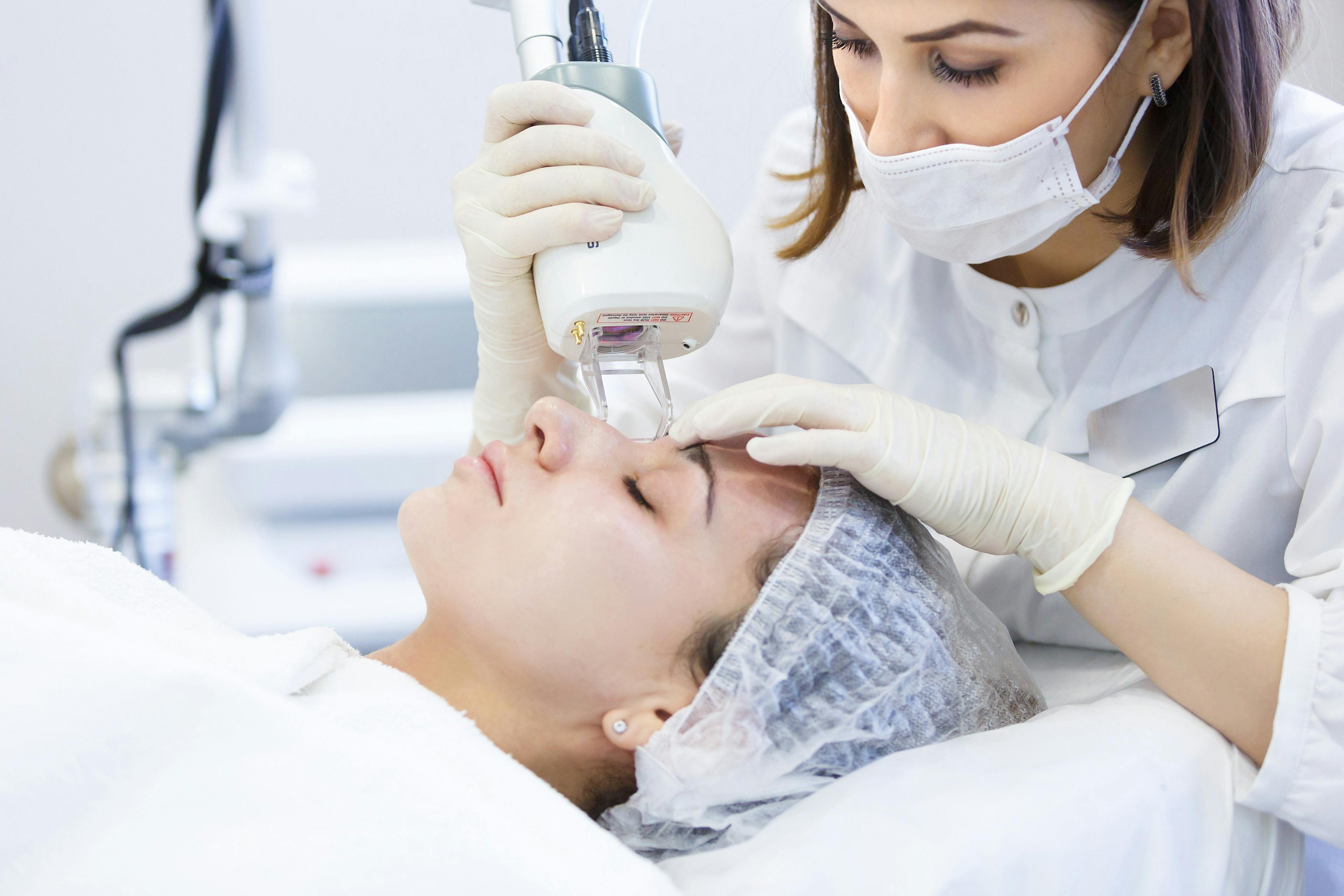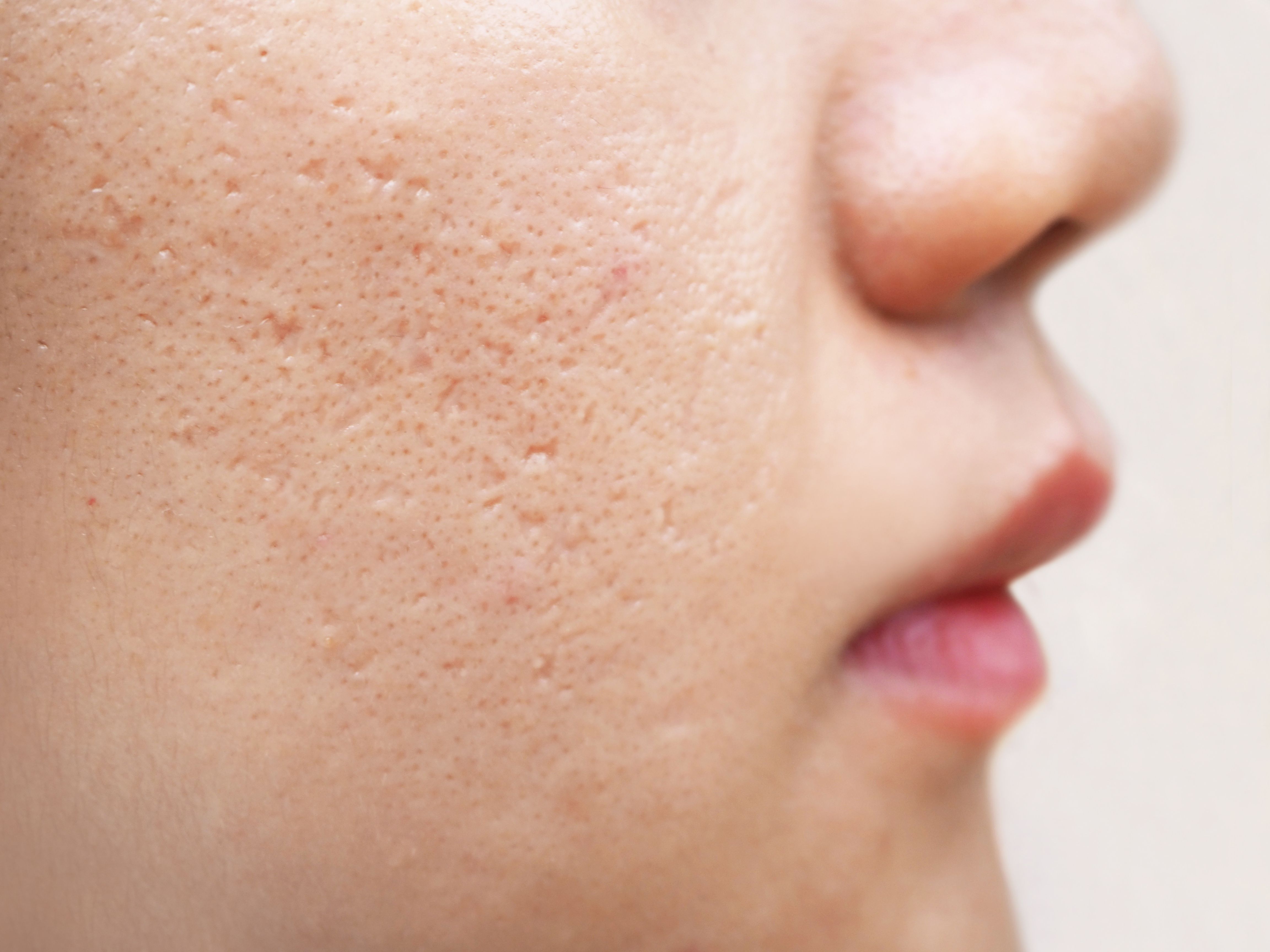- Acne
- Actinic Keratosis
- Aesthetics
- Alopecia
- Atopic Dermatitis
- Buy-and-Bill
- COVID-19
- Case-Based Roundtable
- Chronic Hand Eczema
- Drug Watch
- Eczema
- General Dermatology
- Hidradenitis Suppurativa
- Melasma
- NP and PA
- Pediatric Dermatology
- Pigmentary Disorders
- Practice Management
- Precision Medicine and Biologics
- Prurigo Nodularis
- Psoriasis
- Psoriatic Arthritis
- Rare Disease
- Rosacea
- Skin Cancer
- Vitiligo
- Wound Care
Publication
Article
Dermatology Times
Better safety profile for new retinoid in development
Author(s):
Role of retinoids in acne set to be cemented further with advent of first fourth generation product.
(©BudimirJevtic, Shutterstock.com)
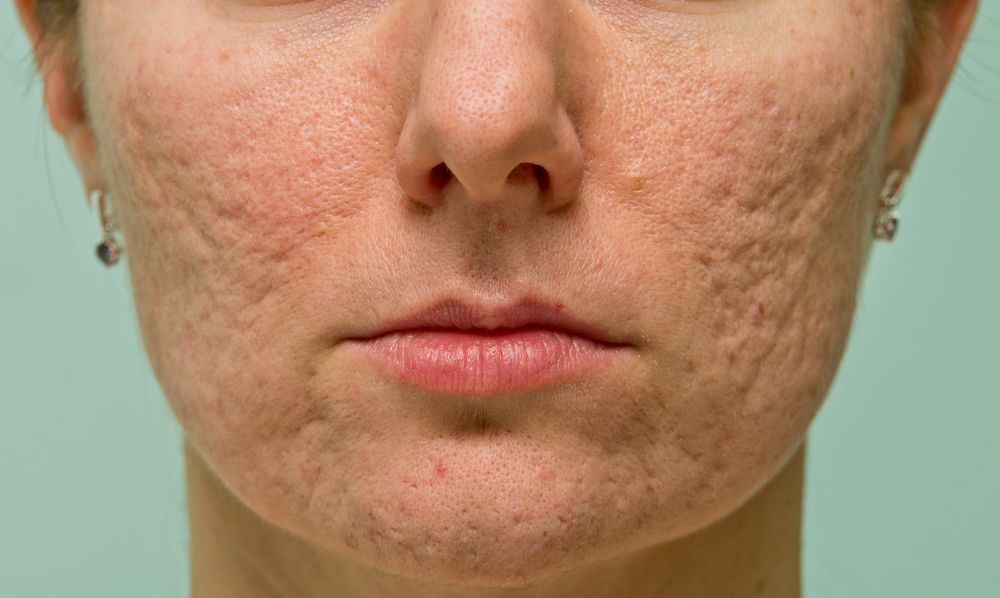
Retinoids are considered the first-line treatment for acne because they not only treat the condition, they can also prevent the development of new lesions, and most importantly prevent scarring, says Anna Chien of John Hopkins School of Medicine Baltimore.
Now a new class of retinoid is in development which appears to have a better safety profile, cause less skin irritation have anti-pigmentation properties, she says.
The pathogensis of acne centres around follicular dyskeratosis, increased sebum production, and inflammation induced by Cutibacterium (formerly Propionibacterium) acnes within the follicle.
Retinoids are structural and functional analogues of vitamin A which activate the retinoic acid receptors, leading to activation of retinoic acid-responsive genes resulting in specific skin responses. They target follicular dyskeratosis – the process which is central to acne pathogenesis and leads to the formation of microcomedones. They also possess anti-inflammatory properties.
Retinoids can be administered both topically and systemically and with judicious use are well tolerated and very efficacious.
Topical retinoids such as tretinoin, adapalene or tazarotene are included in almost all acne treatment regimens because they are “arguably the only agents to normalise the abnormal follicular differentiation seen in acne” and by targeting the microcomedones “retinoids can not only treat but can also prevent the development of new lesions,” she said.
However, topical retinoids are frequently associated with temporary skin irritation which can reduce compliance. Irritation can be managed with a temporary reduction in the frequency or amount of retinoid applied and the liberal use of emollients.
The systemic retinoids isotretinoin is extremely effective at treating acne but is teratogenic and most patients receiving systemic retinoids will develop dryness of the lips, skin and mucous membranes and other potential side effects include blepharoconjuctivitis, bone pain and myalgia.
One of the primary goals in acne treatment is prompt and adequate treatment to minimize potential permanent scarring. Acne scars, range from hypertrophic and keloidal to atrophic, and arise due to delayed or inadequate treatment and healing of acne lesions.
Atrophic scarring is one of the most common and difficult to treat sequelae of acne. Loss of dermal matrix is believed to be the main contributing factor, which involves the degradation of collagen that occurs during the inflammatory phase of acne. It is well-established that topical retinoids can stimulate dermal fibroblasts and increase the production of procollagen in photoaged skin, Dr. Chien says, and acne scarring is improved and potentially prevented with topical retinoid via similar mechanisms.
“Current treatment options for atrophic acne scars consist of primarily procedure-based modalities,” she points out. “However, these invasive procedures may not be suitable or affordable to all patients.”
First generation retinoids are natural and include all-trans-retinoic acid (tretinoin), 13-cis-retinoic acid (isotretinoin), and 9-cis-retinoic acid (alitretinoin). Through replacement of the β-ionone ring in all-trans-retinoic acid with an aromatic structure, synthetic retinoids (or second-generation retinoids), were introduced, which include etretinate and acitretin. With the discovery of retinoic acid receptors, receptor-specific, third-generation retinoids such as adapalene and tazarotene were then developed. Now the first fourth-generation retinoid, trifarotene, which has significant comedolytic, anti-inflammatory, and depigmenting properties, is on the horizon.
Trifarotene is a topical retinoid with potent and selective RARγ agonist activity and minimal RARβ-mediated effects, thus lending it greater efficacy with potentially decreased skin irritation.
“Trifarotene has also been shown to possess increased hepatic instability compared to first and third generation retinoids, thus theoretically giving it a more tolerable systemic safety profile. This is an important consideration with more extensive topical use,” Dr. Chien says.
In early studies this medication demonstrated significant comedolytic and anti-inflammatory activities. Trifarotene was also shown to regulate many of the traditional retinoid-induced pathways.
“Its role in that regard along with its depigmenting properties can potentially expand its use in acne-related post-inflammatory hyperpigmentation and scarring,” Dr. Chien adds. “Its introduction to the acne therapeutic ladder will expand options for patients and further treatment success.”
REFERENCE
Mazzarello V, Donadu M G, Ferrari M, Piga G, Usai D, Zanetti S, Sotgiu M A. Treatment of acne with a combination of propolis, tea tree oil, and Aloe vera compared to erythromycin cream: two double-blind investigations. Clinical Pharmacology: Advances and Applications 2018, 10: 175-181.
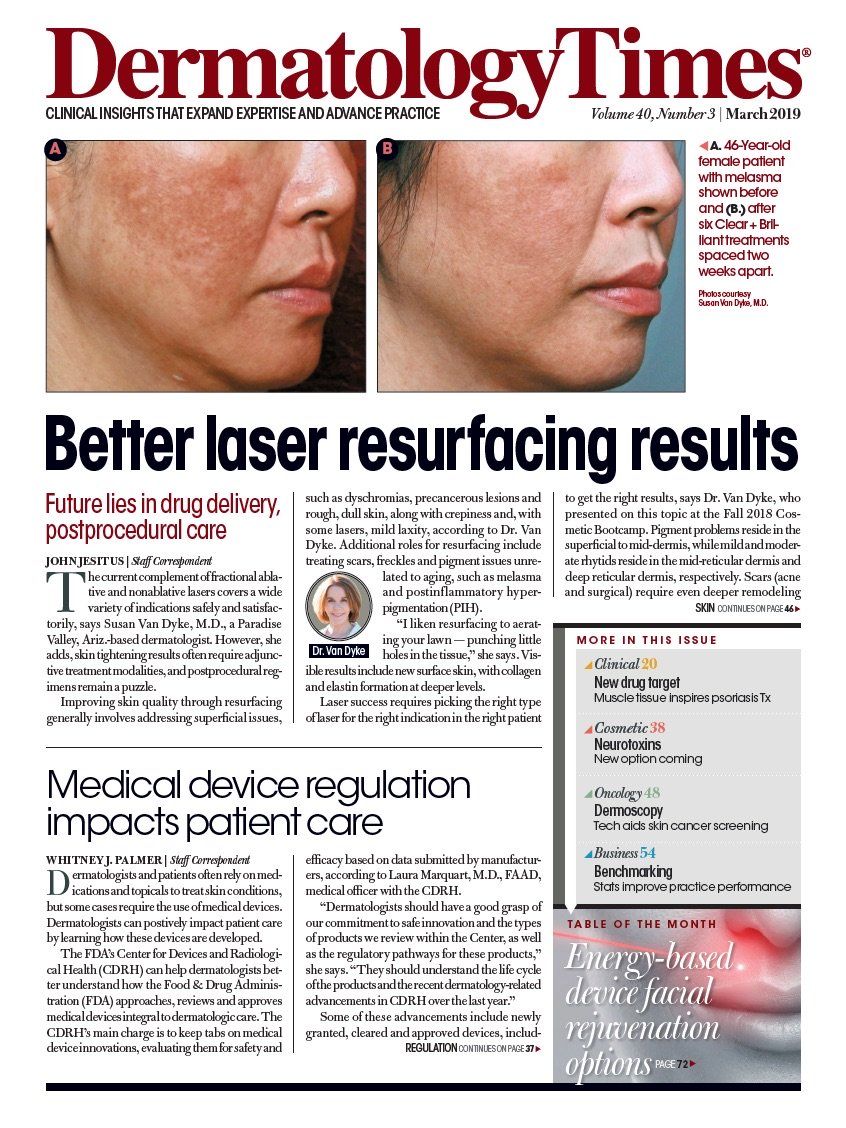
Newsletter
Like what you’re reading? Subscribe to Dermatology Times for weekly updates on therapies, innovations, and real-world practice tips.




